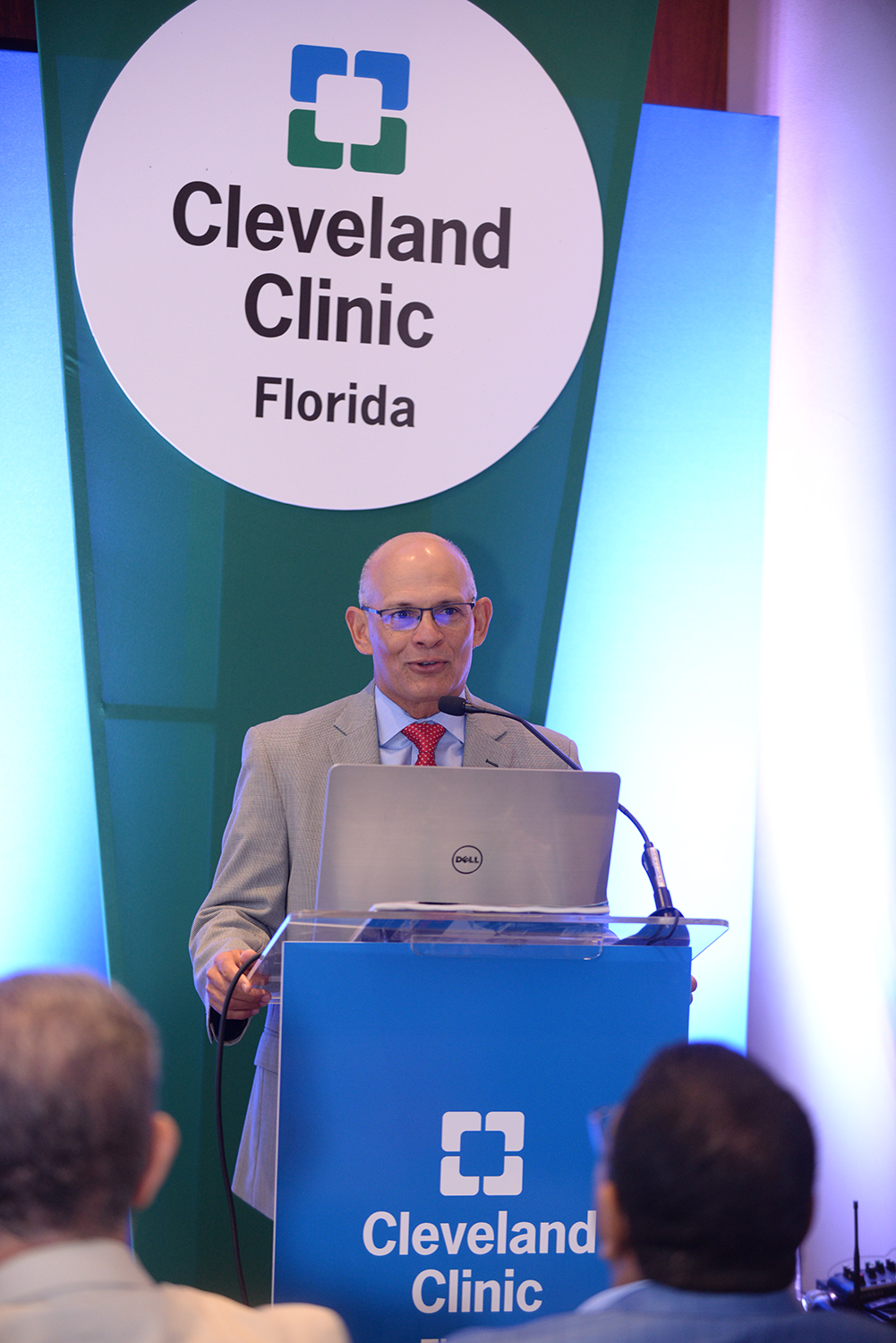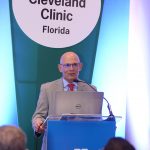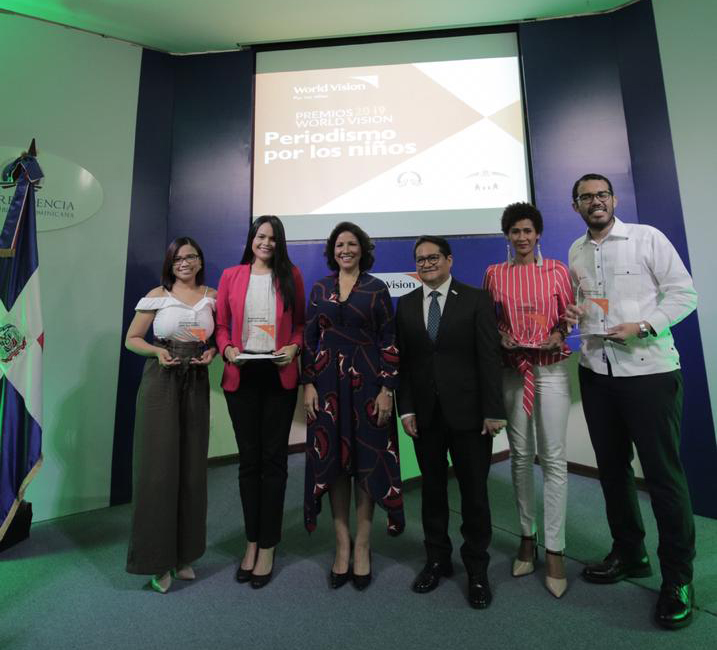Dominican Gastroenterologist at Cleveland Clinic Florida presented a novel surgical technique
Santo Domingo, June 2019.- Ronnie Pimentel, co-director of the Cleveland Clinic Florida gastroenterology residence, presented a lecture on the novel endoscopic POEM technique (peroral endoscopic myotomy) or transoral endoscopic myotomy, for achalasia treatment.
The specialist who has been part of the Cleveland Clinic team for 20 years, explained that achalasia is a rare disease that is believed to be developed by a viral exposure (Herpes virus type I) and produces an inflammation of the nerves that control the esophagus and its movement, this inflammation leads to the esophagus losing the ability to move food passed into the stomach.
The patient with this condition has difficulty swallowing, cough or asthma, and regurgitation, and if not treated properly leads to weight loss and may need surgery, said Dr. Pimentel, who also has a postgraduate degree in Internal Medicine and advanced endoscopy
As a treatment for achalasia, the novelty is the POEM, which, according to Dr. Pimentel, represents the beginning of a new stage in advanced endoscopy, where the patient has no external incisions.
POEM is a procedure that involves making a small incision in the esophageal mucosa until it reaches the stomach and creating a tunnel in the submucosa.
The doctor said that the POEM should be considered as primary therapy in type III achalasia and that patients should be considered as high risk to develop gastroesophageal reflux.
About the statistics, Dr. Pimentel said that “the prevalence of achalasia is ten patients per 100, 000 people, it is a little more frequent in women and affects young people between 30 and 40 years.”
About Ronnie Pimentel
“Medical teaching is in my heart”
After finishing his medical studies in 1988 at the Pedro Henríquez Ureña National University (UNPHU), Dr. Ronnie Pimentel specialized in Cleveland Clinic Ohio in internal medicine, gastroenterology, and advanced invasive endoscopy.
Referring to the pillars his successful career, Pimentel said that much emphasis is placed on the academic preparation or the environment that is provided to the children, but considers that “what determines that a human being is successful, regardless of the area he chooses, is the honesty, dedication, focus, and transparency, these are values that do not change”, he said.
Beyond what happens in society, he said that “doctors must have a standard of ethical and professional behavior different from the rest of the population, and this is independent of whether they pay a lot or a little or if there is insurance or not. ”
“In my heart is caring for my patients and teaching residents, it is a privilege to help people who understand that I can be useful,” said the specialist.
Regarding his connection to the country, he said he always keeps in touch with the Gastroenterology Society of the Dominican Republic and from time to time he comes to share ideas and participate in congresses.
Pimentel, a member of the American College of Gastroenterology, said that within endoscopy one of the areas that interests him most is the early detection of pancreatic cancer and everything related to cystic diseases of the pancreas.











